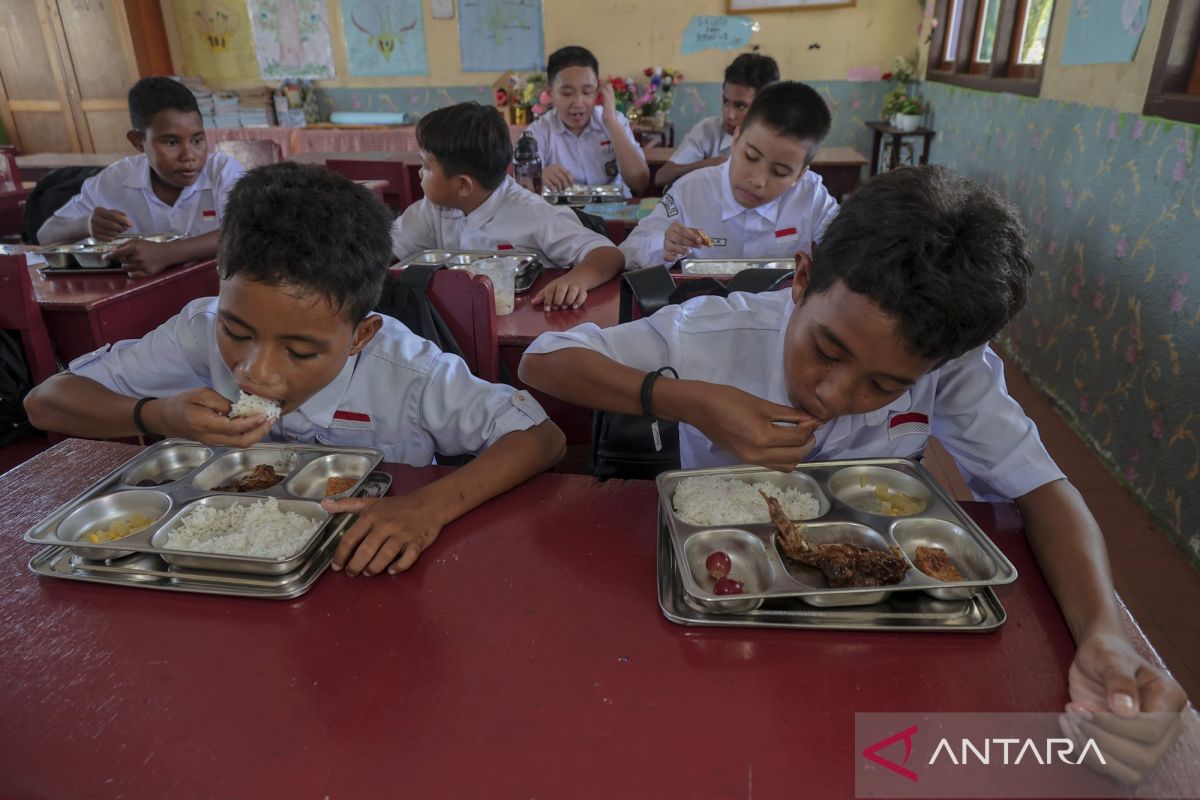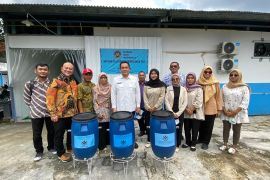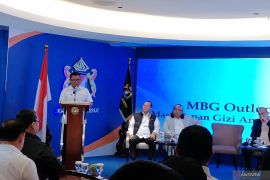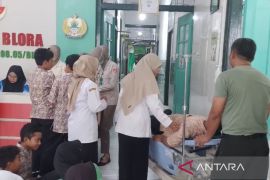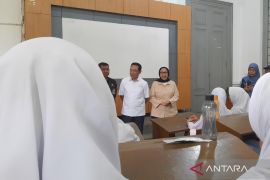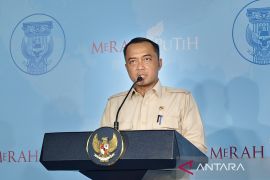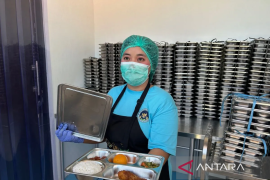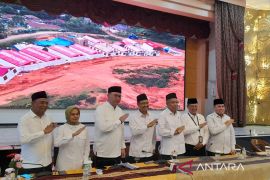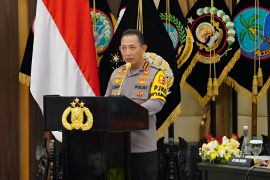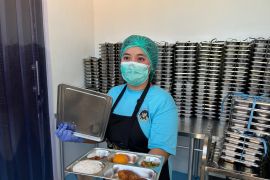"We want to minimize major incidents by targeting zero cases or zero incidents," BGN head Dadan Hindayana said on Monday.
He said the first step is reducing the number of beneficiaries per MBG kitchen — officially called the Nutrition Fulfillment Service Unit (SPPG) — to improve food quality.
Each MBG kitchen must also have a certified cook, whose experience ensures faster and more efficient workflows, he added.
The agency has also provided rapid test kits to examine raw materials in each kitchen. Based on Japan's century-long experience, he noted, 90 percent of food poisoning cases are linked to raw materials.
BGN also requires food safety testing before meals are distributed to beneficiaries.
Hindayana said all MBG kitchens are urged to install sterilizers capable of drying food trays within three minutes at 120 degrees Celsius to enhance hygiene standards.
For cooking water, the Health Ministry recommends using certified bottled or refillable water, he added.
The agency will also continue holding training sessions and technical guidance for all MBG kitchen heads to maintain vigilance and compliance.
President Prabowo Subianto has signed a presidential regulation governing the MBG program managed by BGN.
"The regulation is being finalized and will soon be disseminated to the public," Hindayana said.
As of October 27, there were 13,245 MBG kitchens nationwide, with a target of 14,000 units by the end of this month, according to BGN.
The agency also announced that 12 kitchens previously closed for violating standard operating procedures (SOPs) have resumed operations after undergoing comprehensive repairs.
Related news: BGN confirms 560 free meal kitchens certified for hygiene, sanitation
Related news: Indonesia tightens safety rules for MBG kitchens after poisoning cases
Translator: Resinta Sulistiyandari
Editor: Anton Santoso
Copyright © ANTARA 2025
